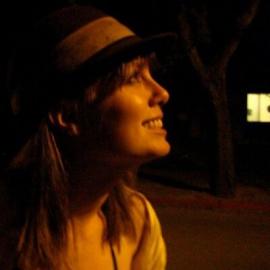Teresa and Maria* are seeking asylum in the United States. More than that, they are seeking safety from gang violence and a reprieve from discrimination for simply being a lesbian couple. They want stability and a safe home.
They are from El Salvador, which has the highest rate of femicide in all of Latin America, and the highest rate of homicide in the world.
Under a controversial metering system – used consistently for the first time by President Donald Trump’s administration – asylum seekers must pick up a number and wait for weeks or months to cross and request asylum, before being granted a preliminary interview.
This wait has been compounded since the administration began implementing a “Remain in Mexico” policy on 25 January. This measure forces many asylum seekers whose number has come up to go back to Mexico for several more months, until their immigration court date comes around. As of 24 June, the Mexican government said more than 15,000 people had been returned to cities in Mexico, including Ciudad Juárez.
Read more → Contradictions and conundrums from the front line of the US-Mexico border crisis
Notorious in the early 2000s for its high rate of femicide, Juárez is a dangerous city to wait in, especially for migrants and women, not to mention LGBTI migrant women. Violence has surged again in recent years. In 2017, there were 772 homicides. Last year, there were 1,247 – a threefold increase since 2014 – according to state officials.
Several members of the LGBTI population that spoke to TNH in Juárez said they did not feel safe or welcome in the city’s main shelter for asylum seekers. Given the lack of resources and options, many end up sleeping rough or staying in unsafe spaces. Most had no idea before coming how long they might have to stay in Juárez.
Teresa and Maria faced violence where they came from. They now face violence where they are stuck, and crossing the US border by other means is dangerous. Filmmaker and journalist Cady Voge and researcher Julia Zulver met them in Juárez as they sought to move beyond the violence of their past and their present.
(*The names of the two women have been changed for their protection.)
This reporting was supported by the International Women’s Media Foundation’s Reproductive Health, Rights, and Justice in the Americas.
cv-jz/wp/ag






